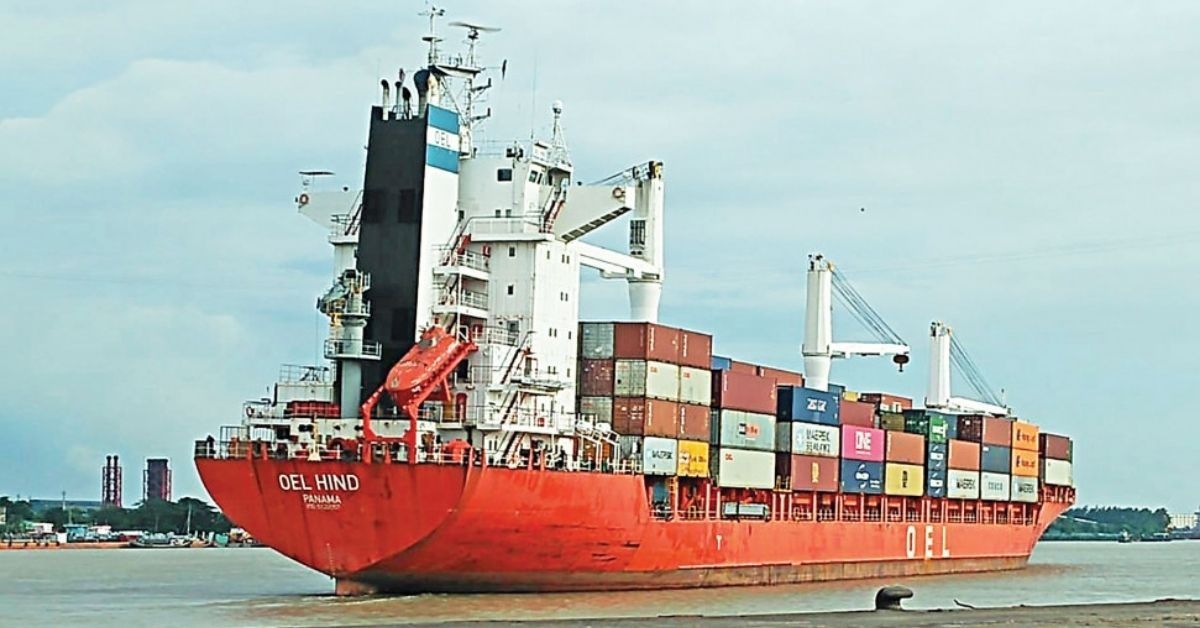Pakistan’s shipping and freight industry has been facing turbulence since the outbreak of COVID-19, but the large-scale suspension of international flights and skyrocketing fuel prices have further exacerbated the suffering of the industry.
Pakistan’s shipping and freight industry has been facing turbulence since the outbreak of COVID-19, but the large-scale suspension of international flights and skyrocketing fuel prices have further exacerbated the suffering of the industry.
Though the National Transport Policy 2018 and the National Freight and Logistics Policy (NFLP) 2021 set clear guidelines for the stakeholders, Pakistan International Freight Forwarders Association (PIFFA) has reported the economic pains of around 600 freight and logistics companies, the Dawn reported.
The shipping and freight industry is the fueling force behind the international economy.
According to the United Nations Conference on Trade and Development, 80 per cent of the global trade volume is managed through sea routes. Transportation of technological paraphernalia, food commodities, raw materials, and general goods is impossible without the apropos facilitation of the shipping network.
But Pakistan’s freight forwarding industry has been facing turbulence since 2019.
As per the World Bank’s latest statistics for 160 countries, Pakistan comes at 122nd place in terms of Logistics Performance Indicators (LPI), lower even than Sudan and Congo, which demonstrate a bit higher LPI scores, the Dawn reported.
LPI mechanism broadly depends on six decisive parameters: customs clearance efficiency, uprightness of trade infrastructure, equitable shipment pricing, quality of logistics services, surety to track shipments, and consignment delivery standards.
The performance of the Trade Development Authority of Pakistan bears a big question mark because the promotion of trade is subject to infrastructural developments.
Secondly, Pakistan Customs appears responsible for not smoothening the clearance procedures. Unnecessarily elongated customs clearance procedures discourage the importers.
Thirdly, very few freight forwarding companies in the country have inducted operational shipment tracking systems. Finally, the non-existence of the shipment price determination system coupled with skyrocketing fuel prices pushes the industry towards regression.
Difficulties faced by the cargo sector have gained momentum, especially in the wake of Covid-19.
Large-scale suspension of international flights has played havoc with the aspirations of traders, the Dawn reported.
According to the PIFFA’s survey in this regard, 71pc of the participating freight companies reported no benefit through incentives and relief measures offered by the government.
A massive loss of revenue was revealed by 96pc participants. Likewise, 70pc of the cargo companies either squeezed or suspended their operations during 2020-21. Moreover, around 77pc cargo businesses experienced cuts in overall sales volume. It left little liquidity with the freight forwarding units, leaving no room for rapid restoration of the industry.
The engagement of a large number of parties in the logistics business poses yet another challenge. The freight forwarders are looking for some centralised control over the system, from booking the consignments to delivering to the right destination.
There is no set mechanism for freight companies to trust the subagents, merchants, transporters, warehouse managers, and merchandise inspectors. Anything could happen with the commodities on the way, the Dawn reported.
Meanwhile, under the current economic situation, the acquisition of Letter of Credit (LC) facilities from international banks has pestered Pakistani importers. The foreign banks are asking for hundred per cent cash margins for opening LCs. It shows the import volume will further squeeze, reducing the freight forwarders’ income in future.







